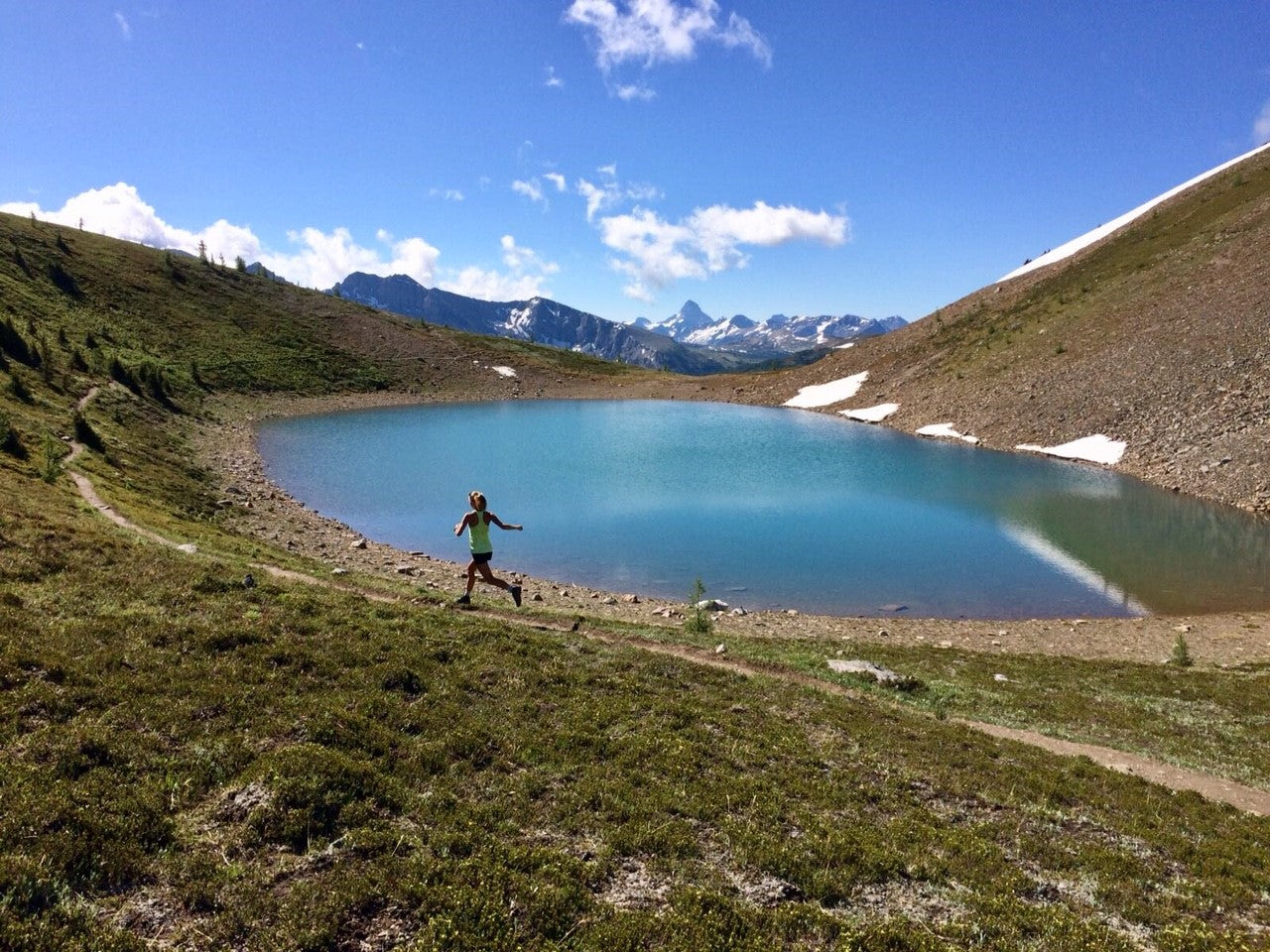
5 Tips to prepare for your first ultramarathon
Take it slow and be patient
Everyone has different goals, be it to complete or compete in an ultramarathon, but a necessary preparation is to build up the mileage over time. You have to be patient with yourself in doing so and tune in to how your body responds to the gradual increase in mileage (the emphasis is on gradual!). By slowly increasing the mileage, you build up muscles in your legs. You are also likely to experience increased appetite (you are constantly snacking) and tiredness (you are asleep at 8PM on a Saturday night), and it is important you respect and respond to the changing needs of your body.
 While marathon training often follows the adage “train fast to get fast”, ultramarathon training consists of mostly long, slow running, and little speed work. That means slowing down to an effort level that feels extremely easy, comfortable and maintainable for 6, 12 or 24+ hours. If it doesn’t, you’re simply running too fast and unsustainably.
While marathon training often follows the adage “train fast to get fast”, ultramarathon training consists of mostly long, slow running, and little speed work. That means slowing down to an effort level that feels extremely easy, comfortable and maintainable for 6, 12 or 24+ hours. If it doesn’t, you’re simply running too fast and unsustainably.
Focus on time on feet rather than distance. Hike (yes, hike!) steep hills, back off when you feel like pushing the pace, and run downhill with ease.

Keep eating and drinking
Ultra-running is an eating contest! While marathon nutrition is mostly limited to gels and sports drinks, this type of fuelling won’t be enough to keep you going in an ultramarathon. Let alone that you would want to consume gels for hours and hours on end (yikes!). Instead you might crave pizza, pop tarts, cheese, chocolate, burritos, popsicles, crisps…Therefore, a big part of training is figuring out what your body needs after hours of running, and how your stomach handles different types of food, from solid to liquid. Running ultramarathon distances can send your stomach sloshing. You lose your appetite despite the copious amount of calories you burn – a bad combo that will ultimately lead to a bonk (a big dip in blood-sugar and energy that can leave you exhausted, hungry and angry, aka “hangry”). Getting your stomach used to eating and drinking during an ultra is as important as preparing your legs.

Be prepared to spend a lot of time alone
Even if you are a very sociable person with a huge friendship group, yet chances are that often times you’ll find yourself running alone. Whether it’s because of conflicting schedules, training plans or simply not having a running partner (remember, most people do not readily understand the desire to run all day). So be prepared to be on your own and learn to love that solitude and the opportunity it provides you with to get to know yourself better. Running alone allows you to spend time in your own head, to switch off and relax, to tune in to your running (i.e. how your feet move across the different terrains, how your breathing various with effort levels, and how tough times come and pass), and to connect with nature and your surroundings. It can be a bit of an art form and maybe scary on trails to start with (learn about routes, weather, wildlife, safety, etc). But the more time you spent running alone, you’ll realize that the biggest fear is created within your own head.
Don't go at it alone
While ultramarathon running means running alone often times, you don’t have to do it all by yourself. The trail and ultra-running community is as welcoming as it gets, and taking advantage of it early on will help you avoid making silly rookie mistakes. Read blogs like irunfar.com, connect with experienced runners at local trail and ultra-running clubs, and listen to ultra-running podcasts (i.e. Humans of Ultrarunning or Talk Ultra) to learn about nutrition, running strength, mental training or simply get stoked to go out and run. One of the greatest things about distance running is its community! Maybe it’s because running so far is daunting (yes, it is for everyone) that people show a spirit of collective effort, racing/running with, rather than against, each other. Thus, people you meet running/racing will often become your friends, running buddies and support network. This is something that becomes crucial for successful racing as “it takes a village”. The mental and physical support of a crew is invaluable and can help the inevitable tough times to pass faster.

Enjoy your journey
Don’t take it for granted to be able to run distances beyond the famous marathon distance. Enjoy it! When things go wrong, learn from them and move on. Enjoy getting to know yourself and what your body is capable of.
Don’t become so focused on an upcoming race that you lose the joy of running (your running mojo) and everything just feels like a chore. If you enjoy your training and journey, you will get to the start line happy, relaxed and confident – this will contribute to a greater race experience and make you fall in love with distance running over and over again.

Ignore the Noise
During the race it is crucial that you pace yourself. Don’t get caught up racing and pushing the pace too early on in a race, you will only pay for it later. Run your race and focus on your nutrition and hydration, and let those that wish to set off fast go past you in the early stages...there is a high chance you see them again later on anyways!




